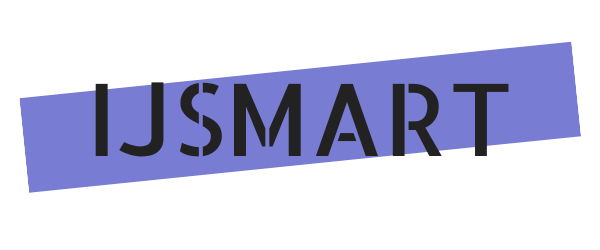Peer-created Motivational Climates: Variations in the Perceptions of Collegiate Intramural Sport Participants
Evan Webb & Scott Forrester
Year: 2016 Volume: 23 Issue: b
Pages: 22-50
Abstract: Peer motivational climate (task-involved and ego-involved) is often examined within youth sport contexts. This research examines this concept in a collegiate intramural sport setting and analyzes how it is affected by participants’ task- and ego-goal orientations in addition to several demographic and participation level variables. Empirical evidence supporting whether or not goal orientations can predict similar motivational climates, a component of achievement goal theory, was sought out in a collegiate recreational sport setting. Immediately following their participation in an intramural sport, students at a Canadian university (N = 315) completed a questionnaire that measured achievement goal orientations and peer motivational climates. MANOVAs revealed significant differences between three levels (high, medium, and low) of task-orientation on task-involved climate and ego-orientation on ego-involved climate in addition to both their subscales. Gender was the only demographic variable that showed a significant effect when ego-involvement was the dependent variable. These results support the relationship between achievement goal orientations and similar motivational climates in collegiate intramural sports but do point towards a potential need for a more adult oriented measurement of peer motivational climate.
